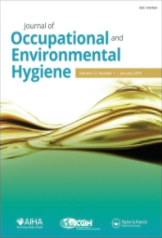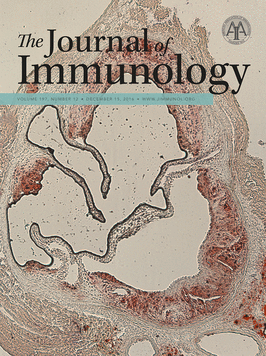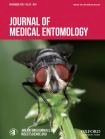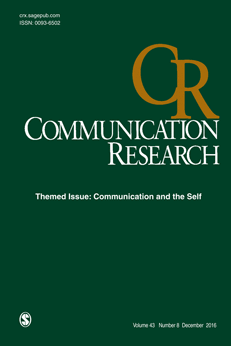 An investigation into the lab of a prominent cancer researcher in British Columbia has revealed nearly 30 acts of misconduct.
An investigation into the lab of a prominent cancer researcher in British Columbia has revealed nearly 30 acts of misconduct.
As we detail in our latest feature for Science, the investigation, at the University of British Columbia (UBC), uncovered 29 instances of scientific misconduct, 16 of which were characterized as “serious,” according to university correspondence obtained by Retraction Watch.
The researcher, Sandra Dunn, is prominent in her field, but she left UBC in 2015 under unclear circumstances, shortly after it concluded its investigation. Dunn now heads a private company, Phoenix Molecular Designs, which says it develops therapies for cancer patients and lists local charities among its “partners and supporters.” While at UBC, Dunn obtained at least $1.1 million dollars in Canadian federal funding, some of which was used to support the falsified studies.
To some of the people involved, the most unsettling part of the incident is that it appears Dunn still receives support from Canadian charities. Continue reading Prominent cancer researcher committed nearly 30 acts of misconduct


 A lab at the University of California, Los Angeles has retracted two papers for duplicated images.
A lab at the University of California, Los Angeles has retracted two papers for duplicated images.


 Can playing first-person shooter video games train players to become better marksmen?
Can playing first-person shooter video games train players to become better marksmen?